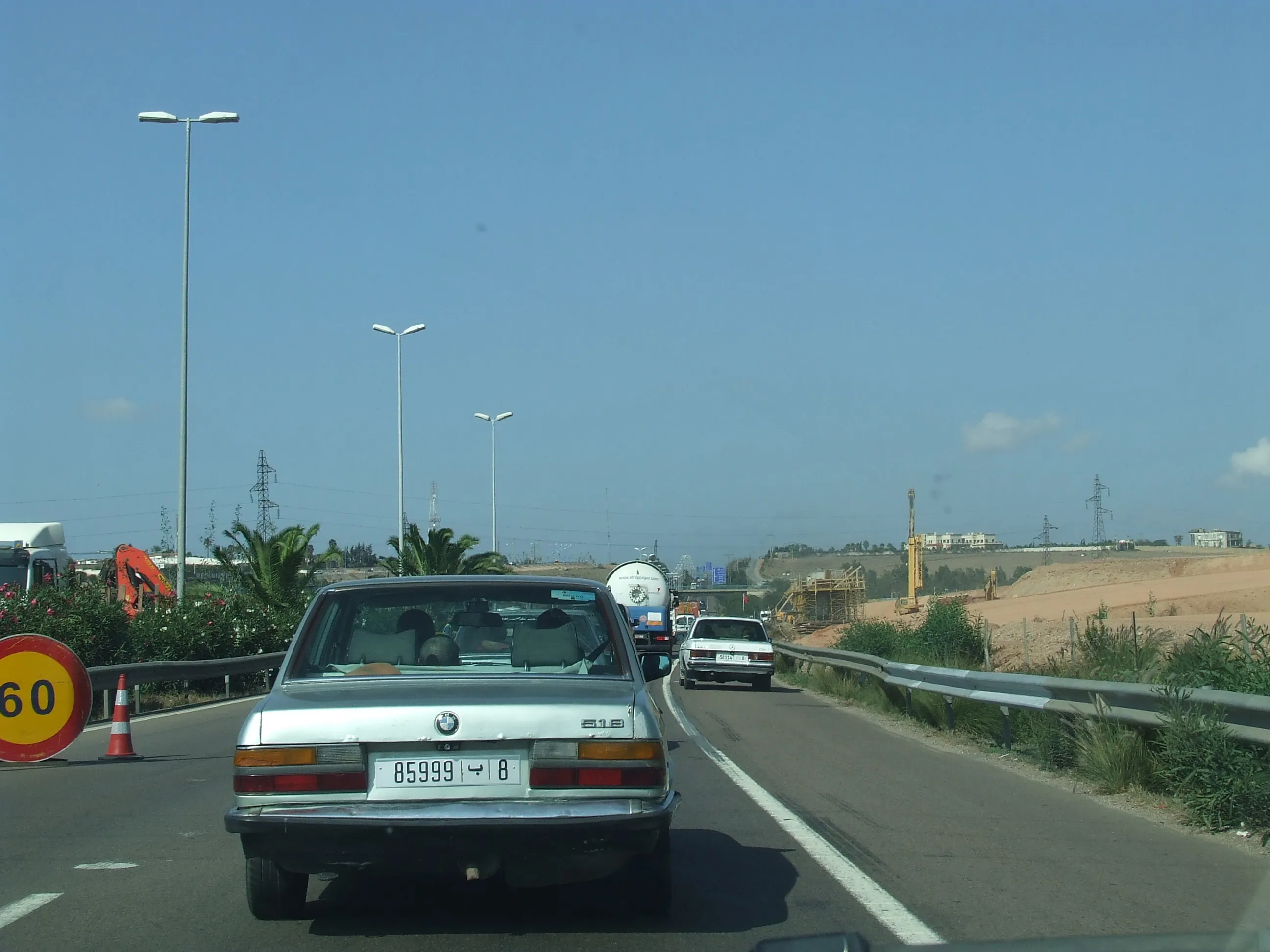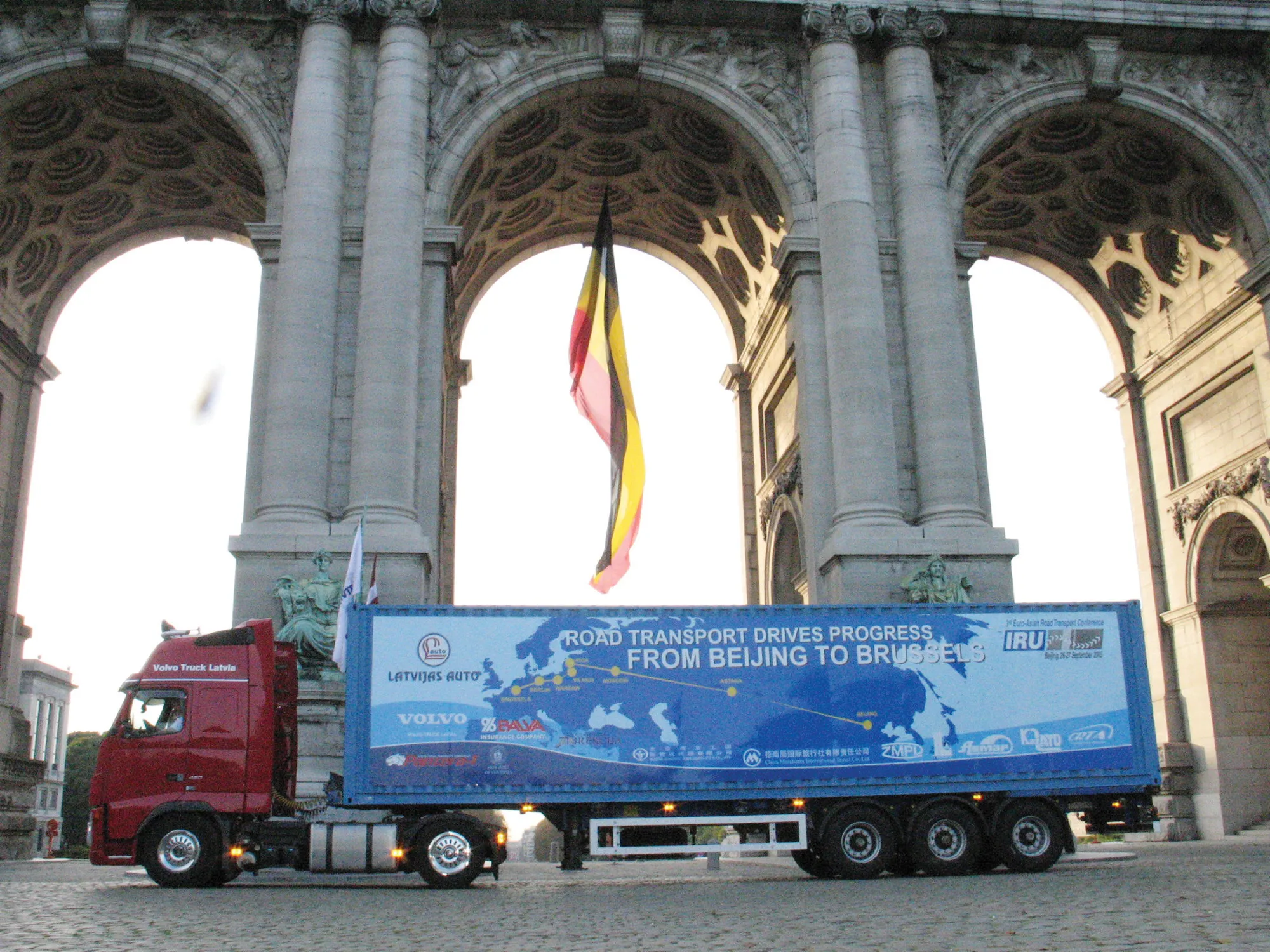Morocco’s road network development programme is continuing, with new local roads, trunk roads and motorways being planned. Morocco’s Ministry of Equipment, Transport and Logistics has said a budget of US$9.84 billion is being set to construct 5,500km of roads in the country. The plans call for the building of 3,400km of motorways and a further 2,100km of trunk roads. In addition, a separate plan has been set out for building new rural roads, connecting every village and town in the country to the motorway n
June 8, 2016
Read time: 2 mins

Morocco’s road network development programme is continuing, with new local roads, trunk roads and motorways being planned. Morocco’s Ministry of Equipment, Transport and Logistics has said a budget of US$9.84 billion is being set to construct 5,500km of roads in the country. The plans call for the building of 3,400km of motorways and a further 2,100km of trunk roads. In addition, a separate plan has been set out for building new rural roads, connecting every village and town in the country to the motorway network. The rural road programme has called for the construction of some 30,000km of roads, as well as upgrades to 24,000km of existing links with the plans including widening and surfacing works.
Morocco has made major steps forward in extending its motorway network. By the end of 2015, Société nationale des Autoroutes du Maroc ADM was operating a motorway network of some 1,588km, with a further 184km under construction. Since that time the new Berrechid to Khouribga motorway has been opened while the bypasses around Rabat and Safi – El Jadida are under construction. Société nationale des autoroutes du Maroc ADM, will also commence work on two key routes towards the end of 2016. These new motorways will run from Berrechid to Tit Mellil and from Casablanca to Berrechid. The new links will help to cut congestion along the existing roads. The Casablanca to Berrechid route is of key importance as this also connects Casablanca’s international airport with the city and is prone to congestion at peak periods.
Morocco has made major steps forward in extending its motorway network. By the end of 2015, Société nationale des Autoroutes du Maroc ADM was operating a motorway network of some 1,588km, with a further 184km under construction. Since that time the new Berrechid to Khouribga motorway has been opened while the bypasses around Rabat and Safi – El Jadida are under construction. Société nationale des autoroutes du Maroc ADM, will also commence work on two key routes towards the end of 2016. These new motorways will run from Berrechid to Tit Mellil and from Casablanca to Berrechid. The new links will help to cut congestion along the existing roads. The Casablanca to Berrechid route is of key importance as this also connects Casablanca’s international airport with the city and is prone to congestion at peak periods.







